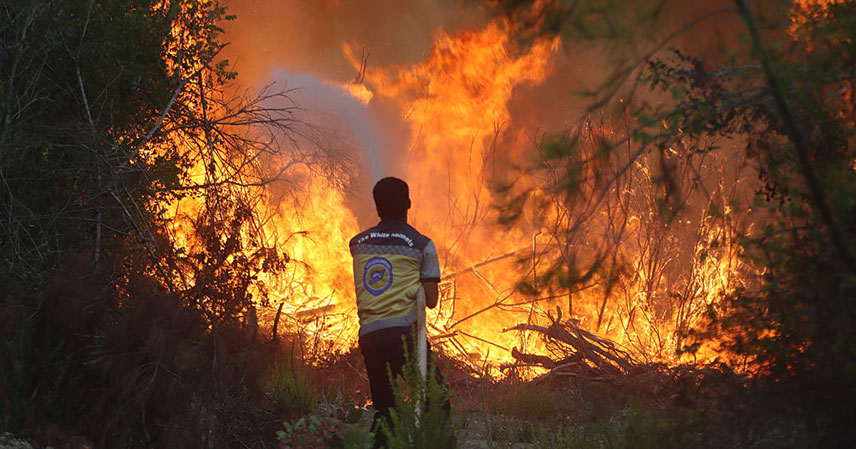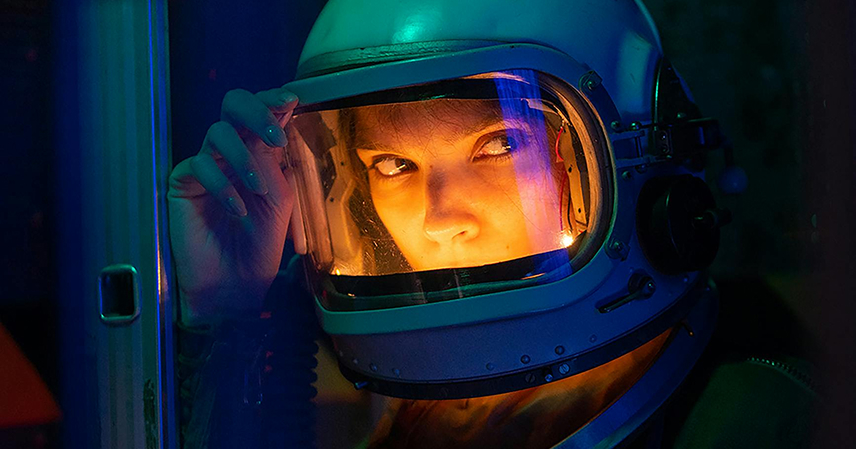As we navigate a quarter of the way through the 21st century, the landscape of global challenges has become starkly defined by interconnected crises that threaten the very fabric of human progress and well-being. From the undeniable acceleration of climate change to the insidious spread of misinformation, humanity finds itself at a critical juncture. The raw assessment that ‘Summers across the global north are now defined by flash floods, droughts, heat waves, uncontainable wildfires, and intensifying named storms’ is not merely an observation; it is a chilling validation of scientific predictions made decades ago, predictions that were often ignored or actively suppressed. This grim reality forms the backdrop against which a climate scientist and a vaccine developer have collaborated on a book, ‘Science Under Siege,’ a title that succinctly captures the essence of our current predicament. This blog post will delve deeper into these multifaceted challenges, providing context, analysis, and exploring the profound implications for our future.
The Unfolding Climate Catastrophe: Decades of Warning Unheeded 🌍
The litany of extreme weather events – flash floods, droughts, heat waves, wildfires, and intensifying storms – are no longer anomalies but rather the new normal for vast swathes of the global north. These events are not random acts of nature; they are the manifest symptoms of a rapidly changing climate, driven primarily by anthropogenic greenhouse gas emissions. What makes this reality particularly poignant and infuriating is the revelation that these very outcomes were accurately predicted by Exxon scientists back in the 1970s. For decades, internal research within one of the world’s largest fossil fuel companies meticulously modeled the warming trajectory of the planet, foreseeing the exact consequences we are now witnessing. This foreknowledge, however, was not used to pivot towards sustainable energy or to warn the public; instead, it was largely suppressed, while the company simultaneously engaged in sophisticated campaigns of climate denial and obfuscation. The implications of this are staggering: a lost half-century during which crucial action could have been taken, replaced by deliberate inaction and the proliferation of doubt. Today, we are grappling with the consequences of this historical betrayal, facing a future where climate resilience and adaptation are no longer options but urgent necessities, often requiring massive societal shifts and investments. The scientific consensus is overwhelming, yet political will and collective action still lag dangerously behind the escalating crisis.
Public Health, Trust, and the Erosion of Consensus ⚕️
Beyond the environmental crisis, the 21st century has also exposed a profound vulnerability in public health systems, exacerbated by a growing distrust in established medical science. The statement that ‘The United States secretary of health and human services advocates against using the most effective tool we have to fight the infectious diseases that have ravaged humanity for millennia’ points to a disturbing trend: the politicization and rejection of proven public health interventions. While specific policy stances can be debated, the underlying issue is a broader erosion of trust in scientific expertise, particularly concerning vaccines. For centuries, infectious diseases like smallpox, polio, and measles decimated populations, but the advent of vaccination technology dramatically altered this landscape, saving countless lives and preventing immense suffering. Yet, in an era of abundant information, we are witnessing a resurgence of vaccine hesitancy and outright anti-vaccine sentiment, often fueled by misinformation and conspiracy theories. This phenomenon is not merely an individual choice; it poses a collective threat, undermining herd immunity and creating fertile ground for the re-emergence of preventable diseases. The challenge is multi-layered: it involves combating deeply entrenched beliefs, restoring faith in scientific institutions, and ensuring that public health directives are communicated clearly, transparently, and with unwavering commitment to evidence-based practices, even when faced with significant societal pushback.
The AI-Powered Information War: A New Frontier of Misinformation 🤖
As if climate and public health challenges weren’t enough, humanity is now contending with an unprecedented threat to its information ecosystem: the rise of artificial intelligence. The observation that ‘People are eagerly lapping up the misinformation spewed and disseminated by AI chatbots, which are only just getting started’ underscores a critical and rapidly evolving danger. AI, particularly generative AI, has the capacity to create highly convincing, yet entirely fabricated, text, images, and even videos (deepfakes) at an unprecedented scale and speed. This technology democratizes the creation of misinformation, making it accessible to anyone with a keyboard and an internet connection. Unlike traditional propaganda, AI-generated content can be tailored to specific audiences, exploiting cognitive biases and emotional vulnerabilities with chilling precision. The implications for democracy, public discourse, and individual critical thinking are profound. How do societies distinguish truth from fiction when the lines are so expertly blurred by algorithms? The ease with which AI can mimic human communication styles also lends an air of authority to its outputs, making it harder for the average person to discern inaccuracies. This new information war demands urgent attention, requiring not only technological solutions for detection but also a renewed emphasis on media literacy, critical thinking skills, and ethical guidelines for AI development and deployment.
Science Under Siege: A Critical Juncture for Humanity 🛡️
The confluence of these crises – a climate in chaos, a fractured public health consensus, and an information landscape polluted by AI-driven misinformation – paints a sobering picture of science under siege. The collaboration between a climate scientist and a vaccine developer on a book by this very title is symbolic. It highlights how seemingly disparate scientific fields are united by a common struggle: the fight to uphold evidence, reason, and empirical truth against powerful forces of denial, disinformation, and short-sighted self-interest. The erosion of trust in scientific institutions, whether climate models, medical research, or epidemiological data, has profound consequences. It cripples our ability to collectively address existential threats, to make informed policy decisions, and to foster a society grounded in rationality. The challenges are systemic, requiring not just scientific advancements but also robust educational frameworks, ethical technological development, and a recommitment to intellectual honesty in public discourse. The future hinges on our collective capacity to recognize the value of science, protect its integrity, and act upon its findings, even when they are inconvenient or demand difficult changes.
Key Insights 🤔
- Historical Betrayal: The accuracy of Exxon’s 1970s climate predictions highlights a profound failure of leadership and a deliberate suppression of scientific truth, costing humanity precious decades for climate action.
- Erosion of Trust: The growing skepticism towards established public health measures, especially vaccines, poses a significant threat to global health security and underscores a crisis of trust in scientific institutions.
- AI’s Double-Edged Sword: While AI offers immense potential, its capacity to generate and disseminate convincing misinformation at scale presents an unprecedented challenge to truth, democracy, and critical thinking.
- Interconnected Crises: Climate change, public health misinformation, and AI’s impact on information integrity are not isolated issues but are deeply intertwined, collectively threatening societal stability and progress.
- The Imperative of Science: The current era underscores the critical importance of upholding scientific integrity, fostering evidence-based decision-making, and equipping citizens with the tools to navigate complex information landscapes.
The journey through the first quarter of the 21st century has revealed that the greatest threats to humanity are not just external forces but also internal vulnerabilities: our susceptibility to misinformation, our capacity for denial, and our often-strained relationship with scientific expertise. The message from ‘Science Under Siege’ is clear: the defense of scientific inquiry and its findings is not merely an academic exercise; it is an urgent, existential battle for the future of our planet and our civilization. It demands a collective re-engagement with critical thinking, a renewed commitment to truth, and an unwavering resolve to act on the evidence that science provides.
Source: The current war on science, and who’s behind it



